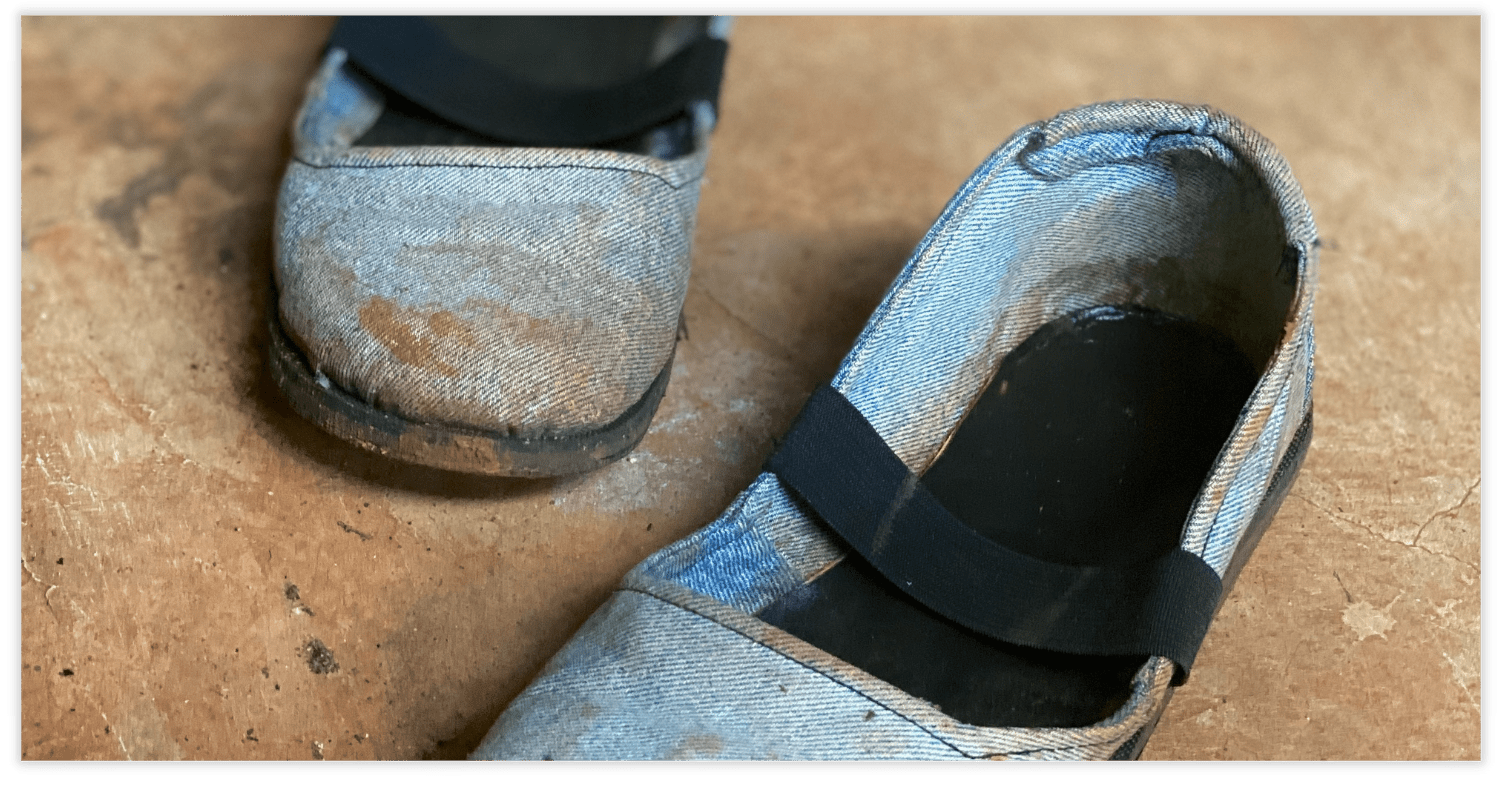Physical Therapy in Medical Missions
- Blog Physical Therapy in Medical Missions
If you’re like many people, your first thoughts of “medical missions” probably revolve around doctors and nurses reaching folks who have limited access to medical care in their part of the world. And that’s certainly a part of it. But in recent years, the definition of “medical missions” has expanded.
In fact, one of the fastest growing areas of need around the globe is physical therapy medical missions.
While physical therapy is common in the United States and other developed nations, it remains out of reach in many underserved nations. There are real physical therapy needs on the mission field. It is vital for healing and recovery from things like physical problems caused by malnutrition and disabilities caused by natural disasters.
What are Physical Therapy Medical Missions
To understand the potential of physical therapy medical missions, it’s helpful to define what the term actually means. In general, physical therapy teaches people how to relieve and avoid pain through movement. This could include stretching, exercise, and other activities that promote mobility and the basic functions of life. Physical therapists can help athletes with injuries, stroke victims who have lost function, and injury victims who have suffered a disability.
On the mission field, physical therapists can provide a service and ministry that no other medical professional is qualified to offer. Medical doctors and nurses have important roles to play, but most do not have the experience or training to provide specialized physical therapy.
That makes physical therapy medical missions an exciting option for those who have the skills for the task and the heart to reach people.
A Couple of Things to Consider
While physical therapy medical missions are growing in many respects, it still has some challenges that potential missionaries need to consider. The first is finding a medical missions organization that actually promotes physical therapy as a pathway in medical missions. Because the idea is relatively new, not every mission organization is prepared to provide opportunities for therapists. So, you will need to do some research to find the right fit.
Another challenge is the issue of sustainability. In other words, if you go on a 6-month or 12-month mission trip, what happens after you leave? While some medical professionals can accomplish a great deal in a short amount of time, sustainability is vital to the work of physical therapy. You will need to find an organization that can extend the treatments and provides the care after you leave.
Fortunately, physical therapists can nurture sustainability in many ways. Because so much of physical therapy medical missions involves proper education and practice, a qualified therapist can teach local patients what to do, empowering them to carry on after they leave. In that sense, physical therapy represents one of the most sustainable forms of medical ministry. But it is still important to talk with sending organizations about their philosophy related to sustainability.
“Each of you should use whatever gift you have received to serve others, as faithful stewards of God’s grace in its various forms.”
—1 Peter 4:10
What’s Required for Physical Therapy Medical Missions?
The first thing a sending agency will need is confirmation of your qualifications and licensure. Just as a medical doctor has to have the necessary degrees and experience to practice, physical therapists must be qualified to do their work. In most cases, an active license from your home country will be sufficient to practice in other nations. But, as always, do your research to make sure.
Beyond proper licensure, physical therapists in the mission field need to demonstrate some key skills to serve effectively. For example, leadership in the missions field and the ability to teach others are vital in providing care.
It also helps if a therapist has a broad range of experience. For example, physical therapy medical missions can involve both pediatric and geriatric patients. Therapists will also face various issues, such as helping amputees, caring for stroke patients, and ministering to individuals injured in the workplace. As with all missions endeavors, a wide knowledge base and flexibility can make a huge difference.
Finding your spot of service
As you consider the role you might play in physical therapy medical missions, you can also find resources to help you find the right fit for you and your skill set. For example, events such as the Global Missions Health Conference can provide information and offers training for physical therapy missions. The conference, held every year in Louisville, Kentucky, also has breakout sessions related to physical therapy.
Also, job boards and websites, such as the one offered by Medical Missions, can point you in the right direction and help you identify possible opportunities in physical therapy. You can use these tools—along with prayer, Bible study, and the guidance of mentors—to find God’s plan for your life. You can determine if physical therapy medical missions is the right direction for you—and, if it is, how you can get started.
Discover Medical Missions.
Medical Missions serves to connect your professional skills and biblical calling to the largest database of healthcare mission organizations, professionals, and thought leadership. Join us at the Global Missions Health Conference to find your Medical Missions calling. Or, browse our full list of partner organizations to find the right mission for you.
Related Content











Comments